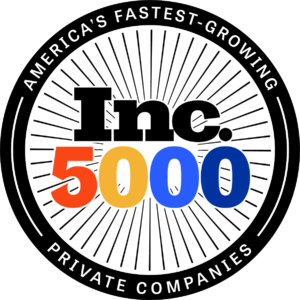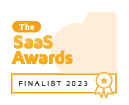Leasing vs buying is not an easy decision to make regardless of the asset involved. While there are lease vs buy analysis Excel sheets, choosing one over the other is still no walk in the park. After all, several factors must be considered such as how the purchase will affect the company’s financial health over time, the asset’s fair market value, and the current capital of the business, to name a few.
Are Leases a Waste of Money?
Many companies choose to buy property or equipment for a variety of reasons. For one, purchasing is usually considered a valuable long-term investment especially since rental payments often increase each year. Businesses that intend to lease for a long-time and will have a high fixed overhead are better off purchasing the asset. This is especially true for real estate properties and for stable enterprises that intend to stay in the same place for years.
When Should Leasing be Preferred Over Purchase?
There are many cases where leasing is a better option than purchasing. Leasing, after all, lets the business have the advantages of ownership without shouldering the asset-related risks. For example, in leasing vs buying a car, a company can use the vehicle but maintenance costs will be shouldered by the lessor.
Leasing property or equipment also helps improve a company’s liquidity. This is because buying an asset means tying up resources that enterprises might need in the future.
When Should a Leasing Be Preferred Over Purchase?
Businesses who are working on their lease vs buy analysis must ask the following questions:
- How much is the asset worth and how long does the business need it?
Regardless of the industry, the company is in, the business will need specific equipment to get their work done. Some equipment like laptops or computers and mobile gadgets will need updating regularly. Having a lease lets the business stay up-to-date. Plus, equipment such as golf carts, forklifts, and other tools can be quite pricey. Renting them instead means being able to use them without paying for their high price.
- What fits the company’s budget?
Leasing property or equipment is often cheaper than purchasing it. However, businesses must be fully aware of the terms of the lease. This means that companies must ensure that their lease ends at the same time they will be moving into a different space or when they are already finished using the equipment. Companies must also keep in mind that some equipment may be sold off when they’re no longer needed.
- Will the property or equipment need customization?
It’s not enough to look at the lease price vs purchase price since some assets may need to be customized to fit the business’s requirements. For example, with a real estate property, the need to renovate the space the company will be moving into can be part of the contract. Sometimes, the lessor may offer a tenant improvement allowance (TIA) to make the lease contract more attractive.
- What about depreciation?
Real estate and equipment depreciate over time. Leasing means not having to worry about the depreciation in the equipment or property’s value. However, companies will enjoy tax breaks either in the near or long-term future if they buy the equipment. Under Section 179, enterprises can deduct 100 percent of the qualified item if it uses the asset or equipment within the first year from purchase. The Bonus Depreciation lets companies recover their expenses over time.
- How’s the business income statement looking?
Businesses that lease instead of buy won’t have to worry about their tied up money or capital especially if they are relatively new. Before shelling out money for equipment or property, it is essential to determine whether the business can shoulder the cost of the loan or lease. Enterprises should remember that rental payments usually increase over time and that there are related costs in owning the real estate or equipment such as maintenance, taxes, and insurance, to name a few.
What are the Effects of the New Lease Accounting Standards ASC 842, IFRS 16 and GASB 87?
Accounting standards such as IFRS or US GAAP, require all leases to be reflected on the balance sheet. This means that the company’s ability to avoid the lease classification is no longer a consideration when choosing between buying or leasing. Thus, the decision on whether to lease or purchases should be based on the asset and cost as well as the cost change over time.
There are no easy answers in the buy vs lease debate. For some businesses, it’s better to purchase a property but for others, it makes more business sense to either enter a lease or renegotiate one. Thus, enterprises should take the time to conduct their lease vs buy analysis before signing a lease or sales contract.























